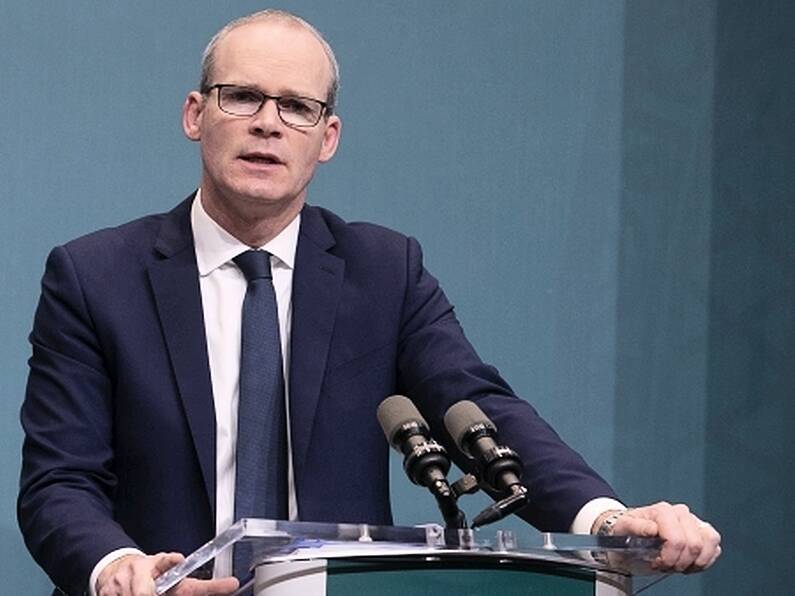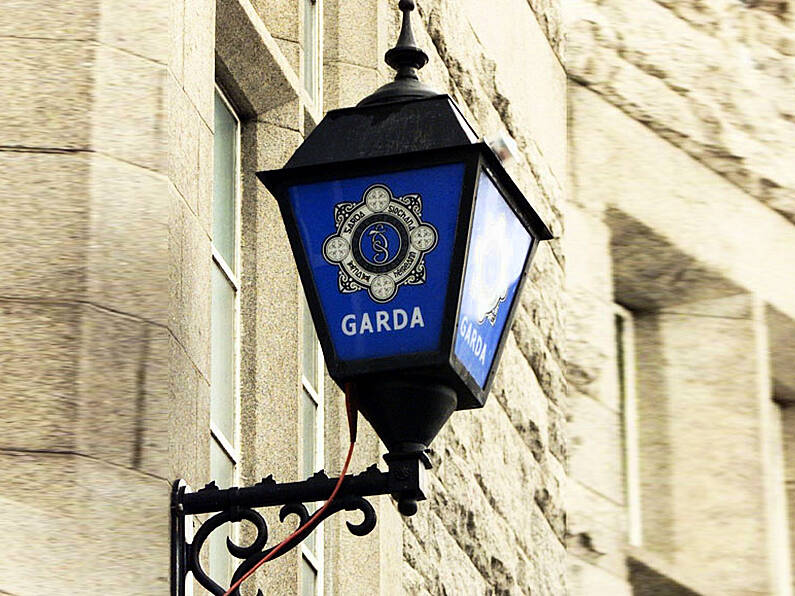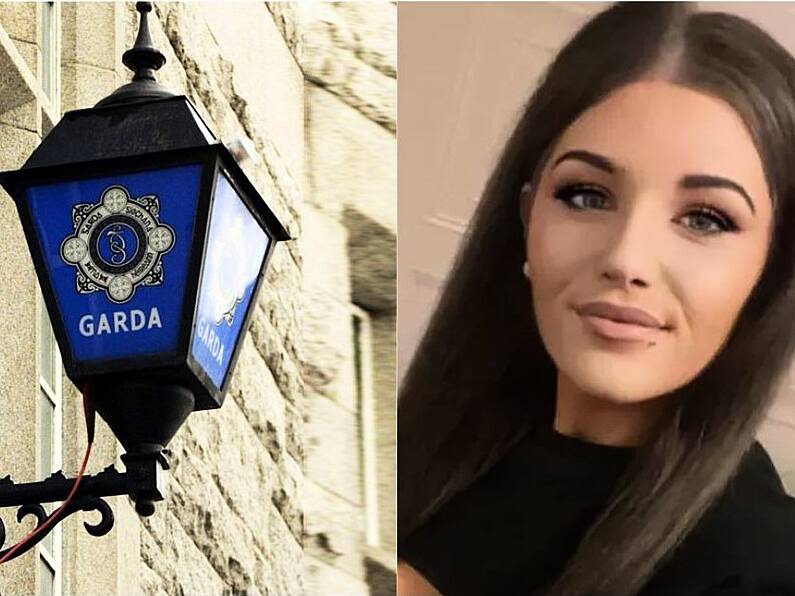Tánaiste Simon Coveney has expressed his support for proposals for directly elected Mayors in Cork, Limerick and Waterford ahead of plebiscites on the issue which will be held this May.
In an interview with Cork's 96FM the Tánaiste stated that directly elected Mayors were proving to be a success in other countries.
He said he would like to see a directly elected Lord Mayor in his native Cork.
"I think directly elected mayors have worked really well in other dynamic cities across the EU and I think the same can take place in Cork.
"Given the extent and the ambition of the vision for Cork having a directly elected Mayor can actually drive that project along with city council. I think it is the kind of local Government that Cork needs."
A plebiscite on directly elected Mayors is due to be held in May in Cork, Limerick and Waterford.
The decision on a directly elected Mayor for Dublin will be referred to a Citizens' Assembly.
Meanwhile, the Green Party in Cork has said that a directly elected Mayor would be able to give a decisive answer to issues such as the controversial flood defence project for the city.
The first-stage of the project received over 1,400 objections from the public and has faced a legal challenge from the Save Cork City group.
Oliver Moran, Green Party spokesperson on political reform, said plans for recall referendums for a directly-elected Cork mayor was one of the ways it would make City Hall more accountable.
Recall referendums are common in the United States and some parts of Europe.
They allow for a referendum to be called on whether a politician should have to stand down and face re-election.
The process was introduced to the United Kingdom in 2015, with Ian Paisley Jr facing the first UK recall referendum over a donations scandal in 2018.
Mr Moran said a directly-elected mayor could be made face a recall referendum over controversial decisions.
"The kinds of powers being promoted for an elected Cork mayor is that they would sit above the top city officials. They would be the one accountable for driving projects like the flood scheme on a full-time basis.
Now, we have part-time councillors and a mayor without real powers as such. They can be run roughshod over by city and state officials who for the most part are not actually accountable to the council.
"On something like the walls' scheme, an elected mayor could be made face the public and defend their policy. They could either be taken from office or have their approach confirmed by the people of Cork in a recall referendum.
"That's a stark contrast to the current situation where people feel they have no power to hold City Hall to account and that their views can simply be ignored."






